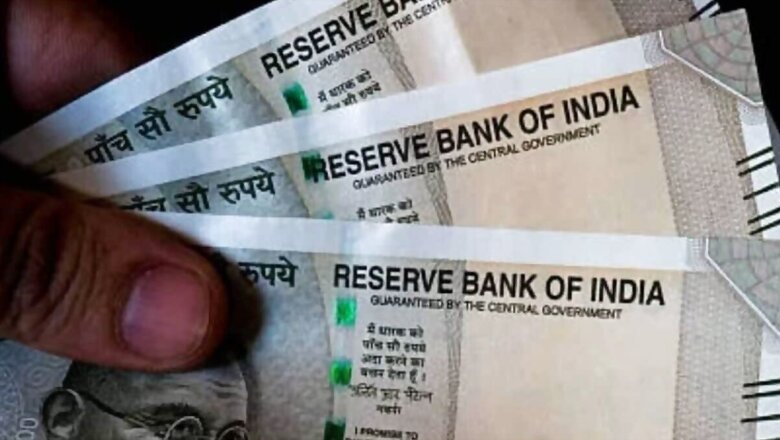
views
In India, CEO compensation packages have grown significantly in recent years, reflecting the increasing complexity and scale of leading multinational corporations. These packages often include salaries, bonuses, and, in some cases, significant stock rewards that can substantially increase a CEO’s total earnings. Here is a look at some of the highest-paid CEOs in India for the year 2024.
1. C Vijayakumar (HCL Technologies)
Remuneration: Rs 84.16 crore
C Vijayakumar’s leadership in the global IT landscape has significantly contributed to HCL Technologies’ growth. His journey within the company, which began in 1994, has culminated in his current position as one of the highest-paid CEOs in the country.
2. Salil Parekh (Infosys)
Remuneration: Rs 66.25 crore
As the CEO of Infosys, Salil Parekh has continued to navigate one of India’s largest IT firms through the evolving landscape of global business. His pay package includes bonuses based on the company’s performance and his contributions to its sustained growth.
3. Sandeep Kalra (Persistent Systems)
Remuneration: Rs 61.7 crore
Sandeep Kalra has propelled Persistent Systems into new heights. His compensation package reflects the company’s significant growth under his leadership, including both salary and bonuses tied to performance metrics.
4. Nitin Rakesh (Mphasis)
Remuneration: Rs 59.2 crore
Nitin Rakesh, with his extensive experience in both technology and finance, ranks among the top-paid executives. Since taking over as CEO, he has helped Mphasis maintain a competitive edge in the IT services industry. His remuneration highlights his achievements and Mphasis’ strong market performance.
5. Rajiv Bajaj (Bajaj Auto)
Remuneration: Rs 53.8 crore
Rajiv Bajaj has been crucial in transforming Bajaj Auto into a global player in the automotive sector. His leadership has seen the launch of popular brands like the Pulsar motorcycles, contributing to his high compensation package.
6. Srinivas Pallia (Wipro)
Remuneration: Rs 50 crore
Srinivas Pallia was named the CEO and MD of Wipro in April 2024, following Delaporte’s early resignation, which occurred one year ahead of schedule. Pallia has been with Wipro for over three decades and most recently served as the CEO for Americas 1, Wipro’s biggest and fastest-growing strategic market. In this role, he oversaw diverse industry sectors, established their vision, and implemented growth strategies, resulting in increased market shares within these sectors.
Former Wipro CEO Delaporte was among the highest-paid CEOs in India last year with over Rs 82 crore in annual package (roughly $10 million).
7. Satish Pai (Hindalco Industries)
Remuneration: Rs 37.1 crore
Leading Hindalco Industries, Satish Pai’s expertise in managing a global aluminium business has resulted in steady growth for the company. His remuneration reflects his pivotal role in steering Hindalco through challenges in the metals sector.
8. Ravi Kumar Singisetti (Cognizant)
Remuneration: Rs 186 crore (including stock reward)
Ravi Kumar Singisetti, the CEO of Cognizant, deserves special mention for his staggering compensation package, which includes a one-time stock reward of $20.25 million (Rs 169 crore). While his base salary and bonus are comparable to those of other top CEOs, this one-time stock grant significantly increased his total earnings for 2023, placing him as the highest-paid Indian executive in the IT sector.
The Impact of One-Time Stock Rewards
Importantly, Ravi Kumar Singisetti’s inclusion in this list comes with a caveat. Unlike other CEOs whose earnings are primarily driven by base salaries and annual bonuses, Singisetti’s remuneration includes a substantial one-time stock reward, which inflated his earnings for the year. Such stock-based rewards are not part of regular compensation and are often tied to long-term performance incentives or one-off agreements, which may not repeat in future years.
This one-time reward is a key factor in distinguishing between annual earnings and total compensation, as it significantly impacts rankings in particular years without reflecting a consistent annual salary structure. Other CEOs in this list, like Thierry Delaporte and Sandeep Kalra, earn their positions through regular, ongoing compensation linked to corporate performance, without the benefit of such one-time awards.


















Comments
0 comment